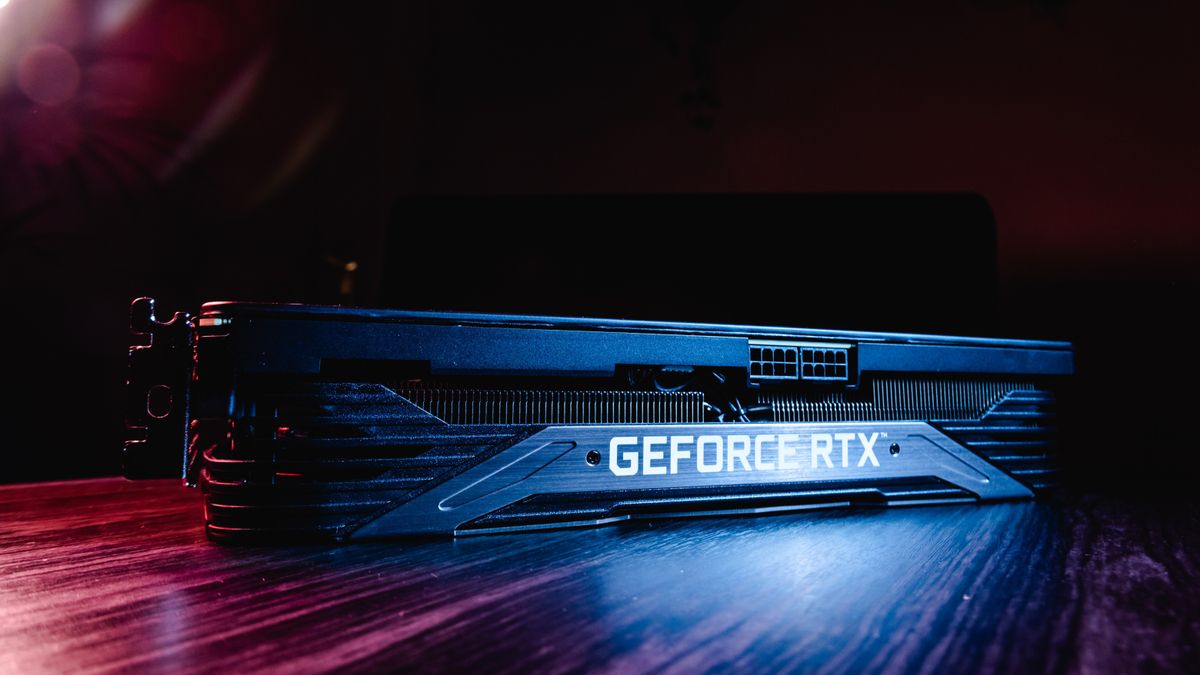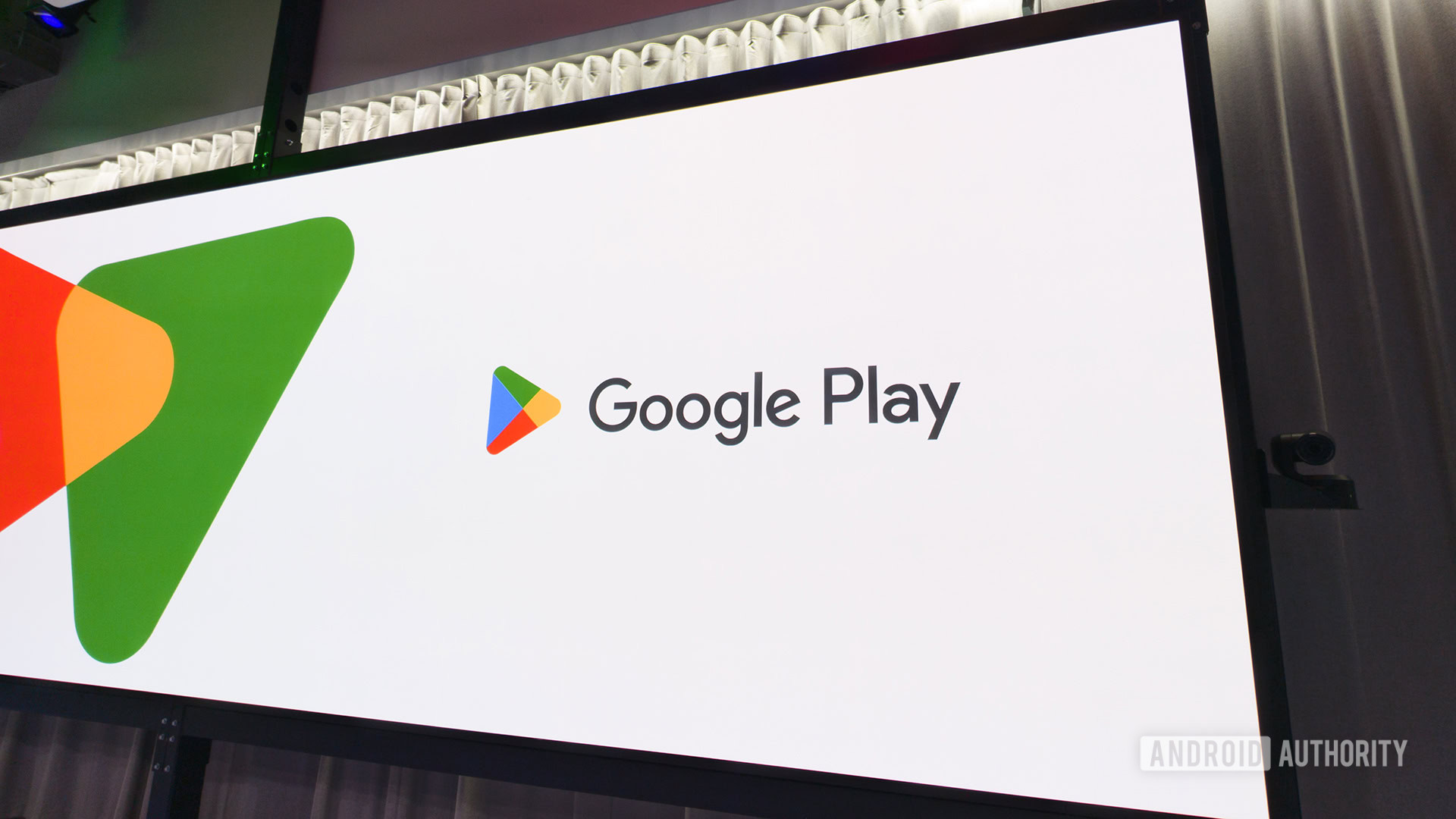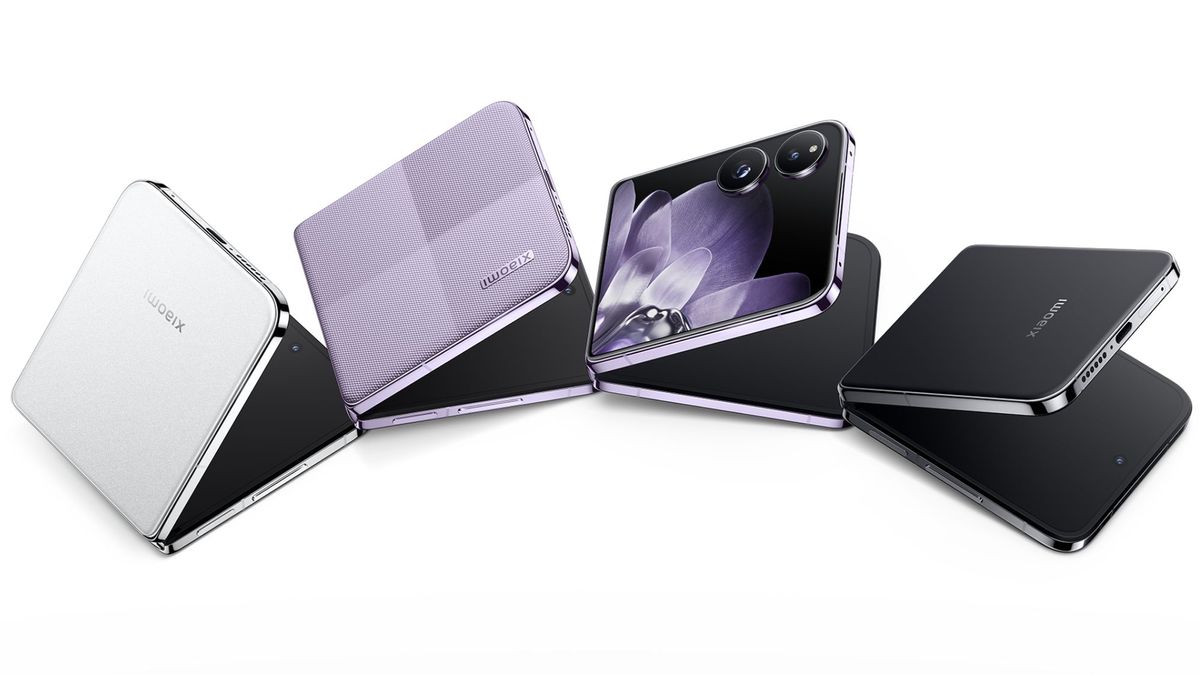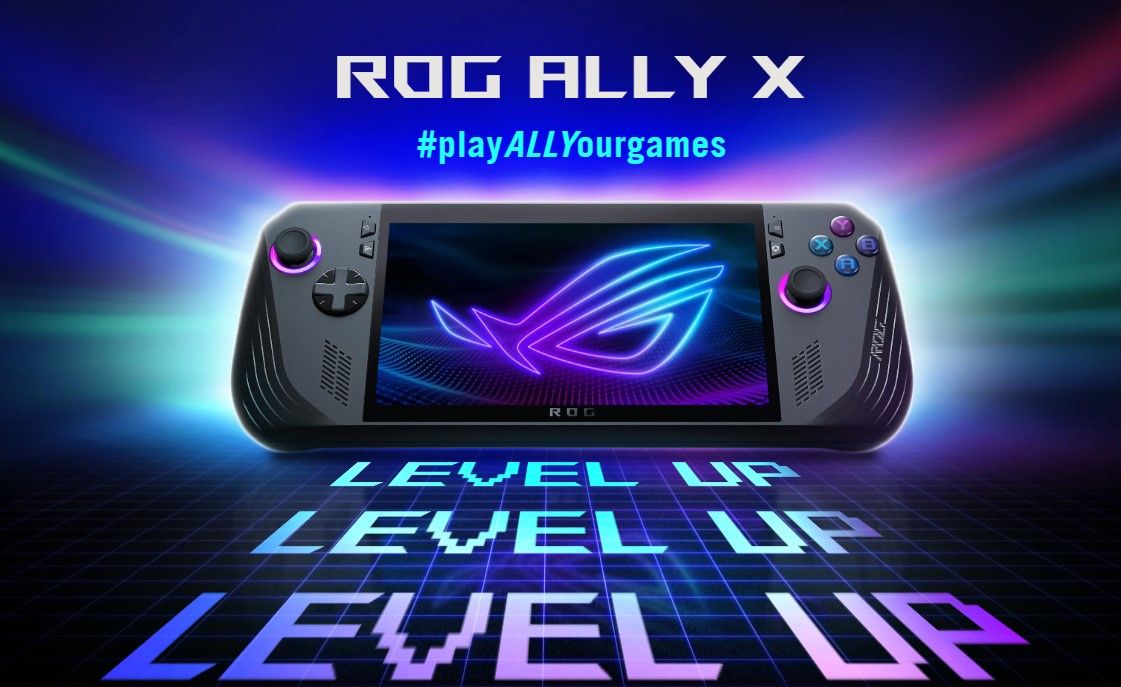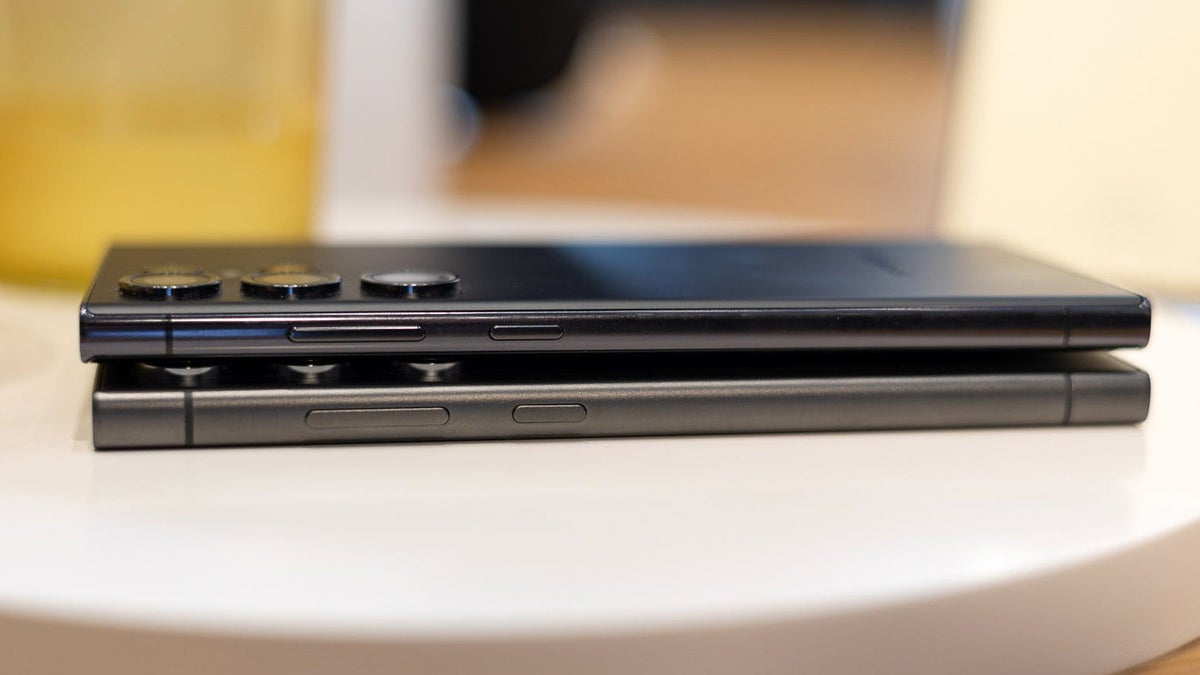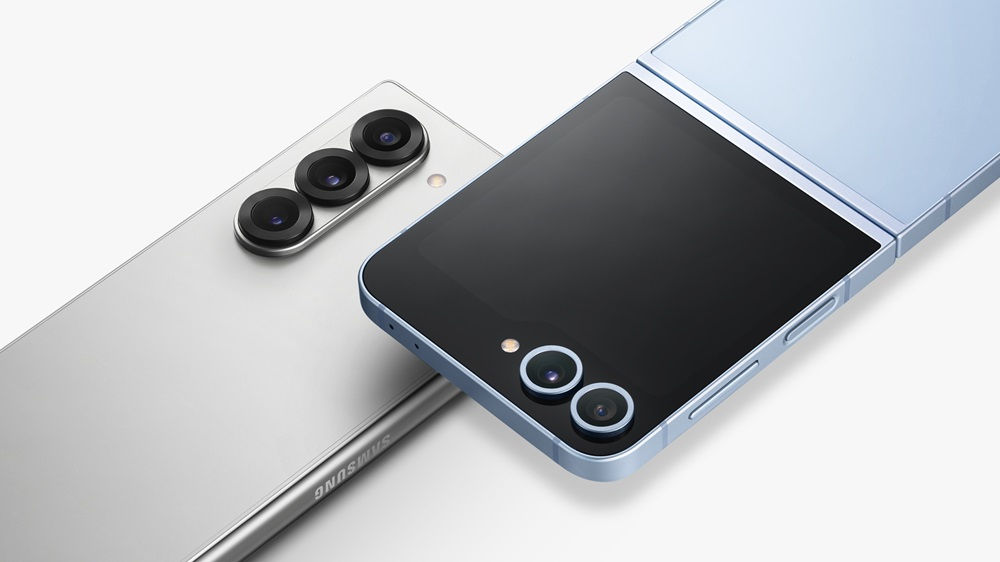From www.tomshardware.com
In France, a startup called Biomemory claims to be the first to market with a storage card that can store a single kilobyte of DNA for a fee of €1,000 Euros [h/t Blocks & Files]. We don’t need to say the service price is pretty expensive for data storage in 2024. Or…ever. We used to just write these things down, you know.
Anyway, Biomemory claims that its DNA storage method offers some compelling benefits, which could be worth the outlay. It expects each of its 1 KB “DNA Cards” to endure for at least 150 years, which is well outside the lifespan of anyone who could complain about storage failure. DNA Cards seem like an interesting flex, but the real potential of DNA storage isn’t in dropping a thousand for a kilobyte, which Biomemory seems to know.
Besides the DNA card focused on front-and-center in the source coverage, Biomemory also discusses a future “Biomemory Prime” storage setup, capable of storing 100 Petabytes for use in data centers.
The French biotech firm slates Biomemory Prime for a 2026 release, but that may be a little too optimistic since its currently-existing technology takes literal days to read and write data like that. It is more widely expected that glass storage or ceramic storage will take off before this particular DNA technology gets the chance to be relevant.
It’s worth mentioning that Biomemory isn’t our first sighting of DNA storage technology. Back in 2019, researchers at Microsoft and the University of Washington pushed DNA storage a step forward. And just a few months ago, in late 2023, Chinese scientists designed a functioning, programmable DNA computer.
As it turns out, DNA’s natural mapping of 4 (ATGC) molecules allows it to easily reach and surpass the limits of binary (1-0) computing— at least in the aforementioned Chinese DNA computer case. While the potential storage density of Biomemory’s DNA storage technology certainly seems to leverage DNA’s microscopic nature, the “DNA Encode” actually seems somewhat underwhelming.
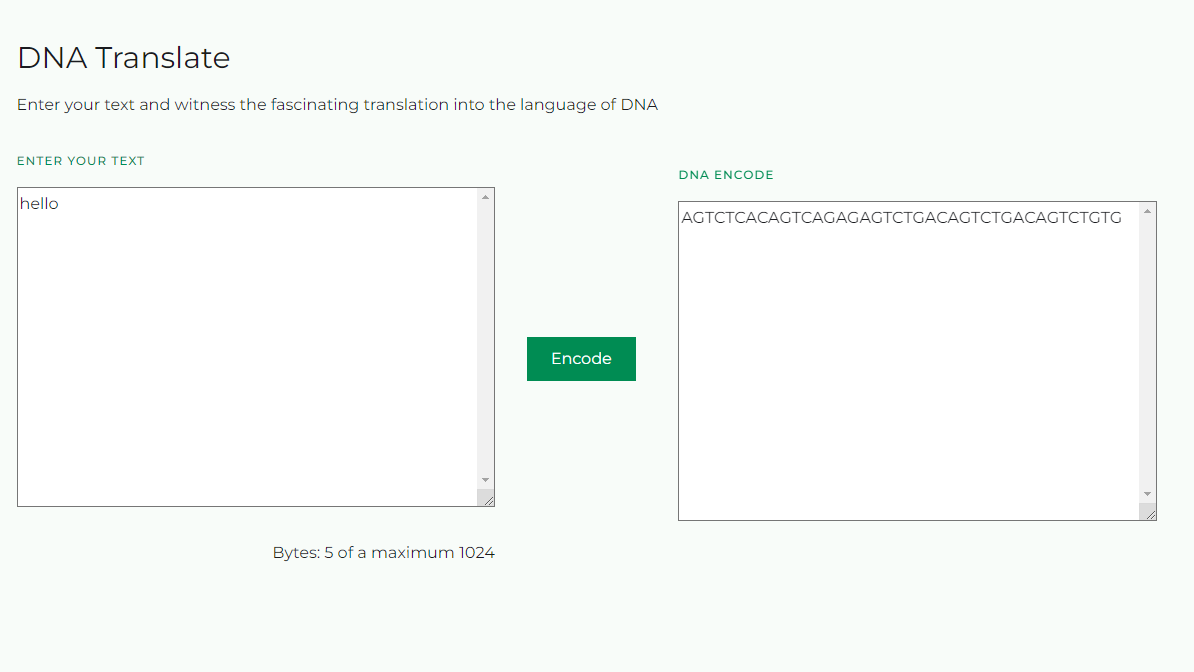
If you test Biomemory’s DNA Encode functionality on its website, you can type in a text box a maximum of 1,024 characters, or Bytes, and DNA Encode them right on the page. Above, we’ve embedded a screenshot of us testing this with “hello” getting encoded into a 40-character DNA strand result. Nifty, right?
While that is pretty nifty, a base-4 system should be able to easily surpass a base-2 or binary system in storage efficiency. Biomemory’s DNA Encode does not do that— in fact, converting “hello” into regular old binary also spits out a 40-character result.
As cool as functioning DNA storage is, it does seem like some gaps still need to be cleared before it becomes a viable alternative to other data center solutions.
[ For more curated Computing news, check out the main news page here]
The post New memory card uses DNA to store your data — Biomemory’s card costs $1,100 to store one kilobyte of data | Tom’s Hardware first appeared on www.tomshardware.com


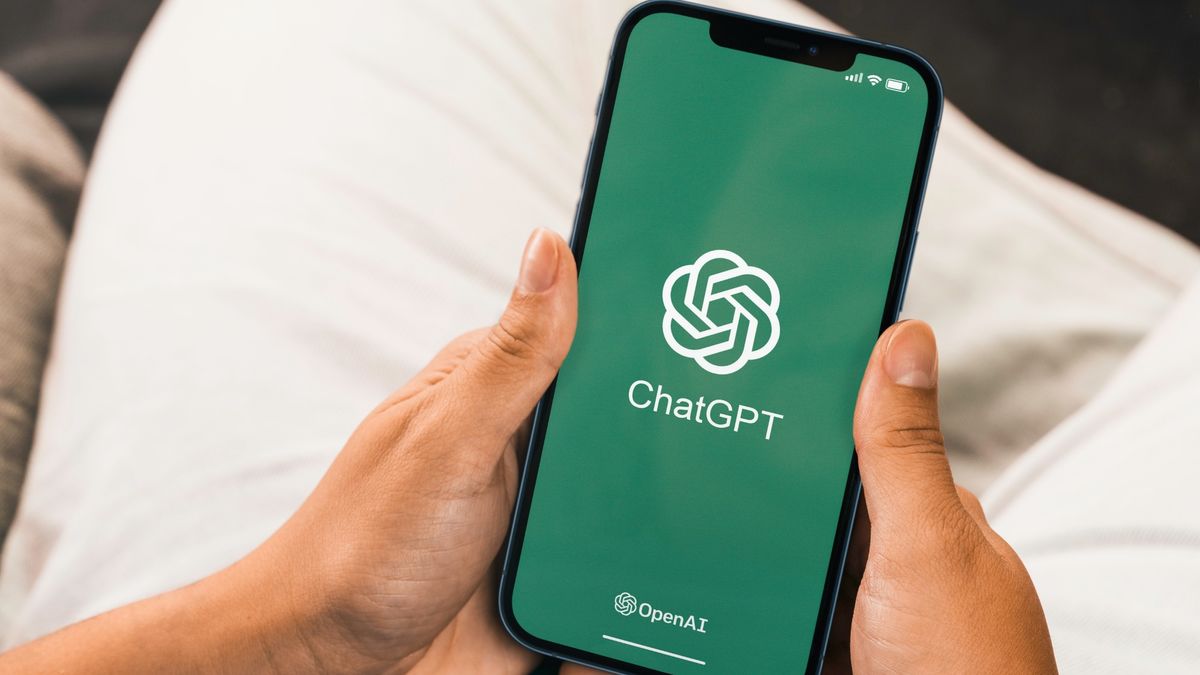
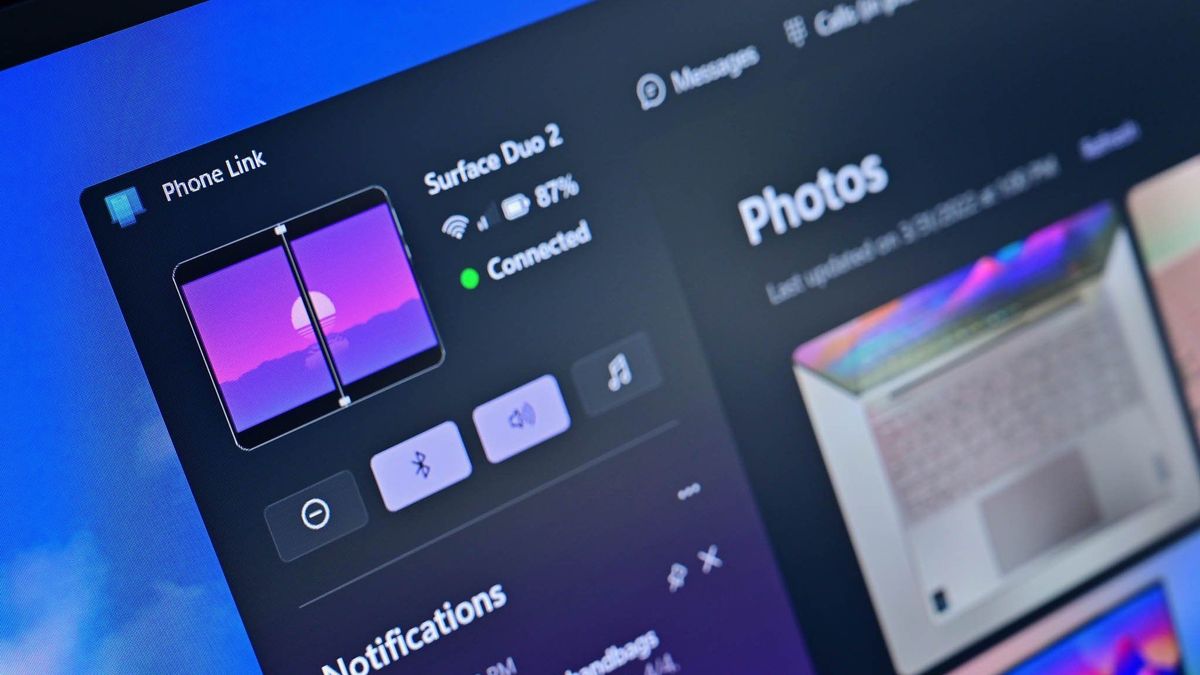

/cdn.vox-cdn.com/uploads/chorus_asset/file/25546355/intel_13900k_tomwarren__2_.jpg)

